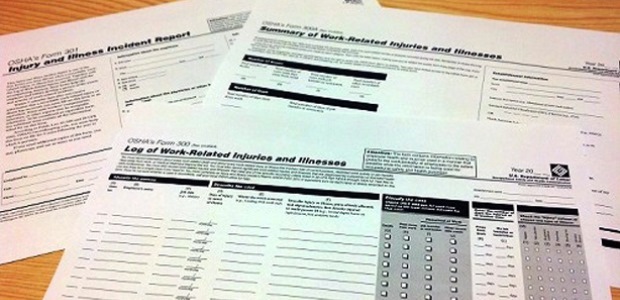
What's Ahead for Safety and Health in 2017?
Donald Trump has bigger priorities than OSHA when he takes office in January 2017, but he has promised to reverse some of its 2016 actions.
Donald Trump's stunning victory on Nov. 8, making him the president-elect until his January 2017 inauguration, is expected to spell a fast about-face for some of President Obama's initiatives, most notably the Affordable Care Act. The question of what 2017 will bring for U.S. safety and environmental professionals and the OSH industry as a whole, as well as the health care industry, is harder to answer, however.
Fisher & Phillips LLP posted a very helpful guide—on Nov. 9!—to labor law actions the new president is likely to take. The key point in the law firm's forecast for safety professionals is #7, which quotes Travis Vance, a member of the firm's Workplace Safety and Catastrophe Management Practice Group, as saying he expects President Trump to rescind the recent increase in OSHA maximum penalties. Those increases took effect in August 2016 and came about because Congress passed a law requiring civil penalties to be raised to account for inflation. OSHA's serious and other-than-serious violation penalties had been capped at $7,000 but rose to $12,471; willful and repeat penalties rose from a maximum of $70,000 to $124,709; and failure to abate penalties rose from a maximum of $7,000 per day to $12,741 per day.
The Fisher Phillips forecast also predicts Trump will take steps "to reduce the role of OSHA" and probably will undo the controversial OSHA electronic reporting rule that OSHA has scheduled to take effect on Jan. 1, 2017. To be phased in over two years, the rule contains anti-retaliation provisions and will require some employers to electronically submit injury and illness data that they must record on their injury and illness forms.
"Analysis of this data will enable OSHA to use its enforcement and compliance assistance resources more efficiently. Some of the data will also be posted to the OSHA website. OSHA believes that public disclosure will encourage employers to improve workplace safety and provide valuable information to workers, job seekers, customers, researchers and the general public. The amount of data submitted will vary depending on the size of company and type of industry," according to the agency's explanation of benefits from the rule.
Worth noting is that one of the president-elect's cabinet selections is a familiar name for occupational safety and health professionals: Elaine Chao is Trump's choice for secretary of Transportation. She was secretary of Labor from Jan. 29, 2001, to Jan. 20, 2009, during the George W. Bush presidency, and previously served in several federal agencies, including as deputy secretary at DOT. The DOL webpage about Chao says her priorities as Labor secretary "included changing white collar overtime regulations under the Fair Labor Standards Act and union financial disclosure regulations. Other major initiatives included the Pension Protection Act of 2006 and regulatory changes to the Family and Medical Leave Act."